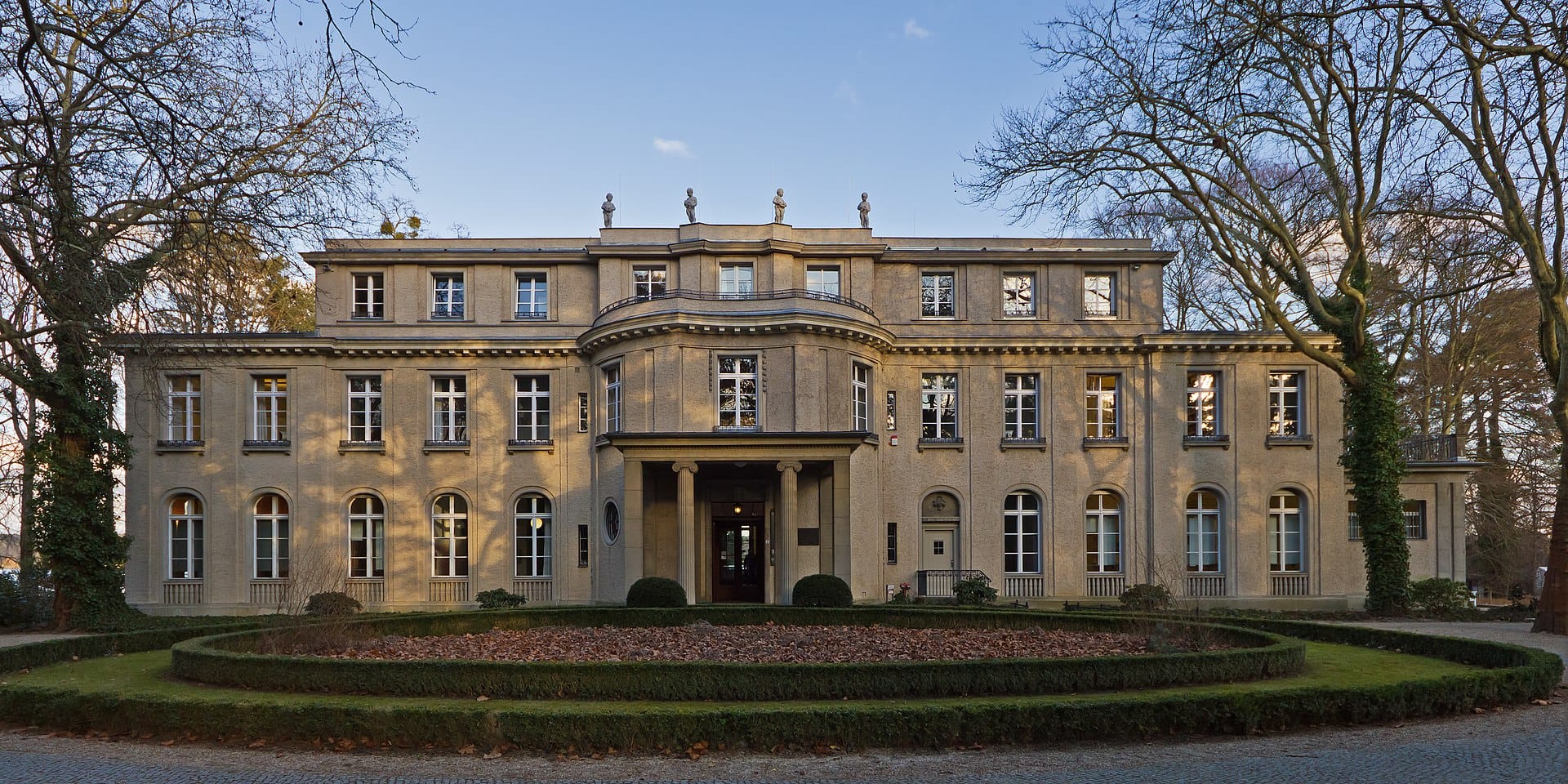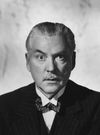'The Marquise of O'
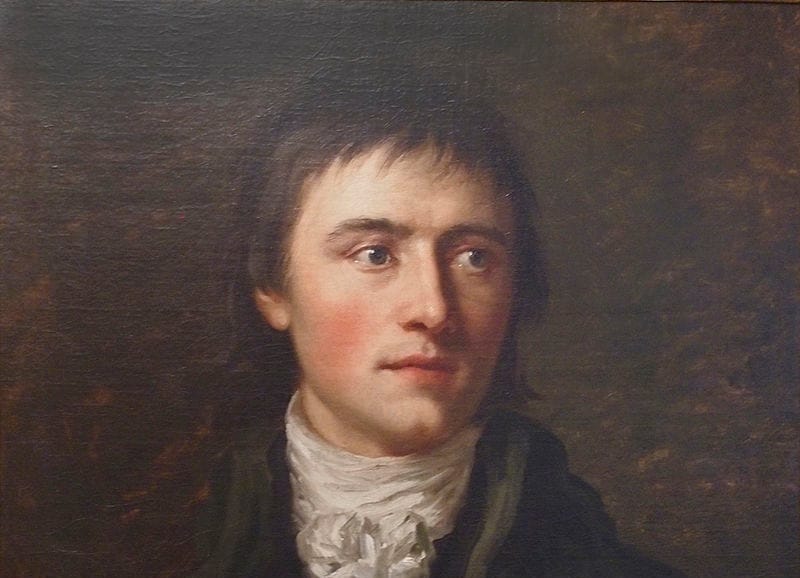
Heinrich von Kleist, one of the most fascinating of German writers, died by suicide here on the shores of Kleiner (Little) Wannsee in 1811, near Potsdam, in what is now the distant outskirts of Berlin. He was only 34 and he was not alone. After a final picnic, the former military officer took his pistol and shot Frau Henriette Vogel, a friend who was dying of cancer, and then himself, in a suicide pact that obsessed and horrified German writers for over a century.
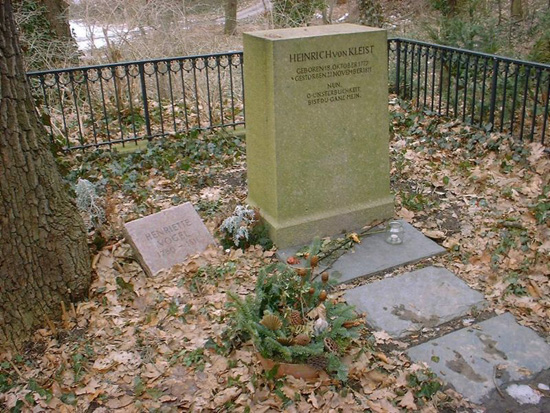
Throughout his life, Kleist explored the relationship between sex and death. Some see a fascination here with the sexually transgressive, borne of his apparent bisexuality. But Kleist’s most interesting story is The Marquise of O (published in 1810), a novella which was made into a film by Eric Rohmer, and it shows none of those despairing themes. While it does explore rape, it is also a masterpiece of ambiguity and a first class mystery story. Its opening sentence is justifiably famous:
In M…, an important city in upper Italy, the widowed Marquise von O…, a lady of excellent reputation and the mother of several well-raised children, let it be known through the newspapers that without her knowledge she had become expectant, that the father of the child to whom she would give birth should declare himself and that she, out of family considerations, was resolved to marry him.
Beethoven, Holderlin and Goethe were Kleist’s contemporaries at a time when Napoleon’s armies had the run of Europe. Beethoven’s Vienna was occupied by Napoleon in 1807 and 1809 and Holderlin retreated to his tower in 1807. Kleist sent Goethe a play in 1808 hoping to earn his respect, but Goethe rejected its Romantic excesses. In 1810, a bitterly disappointed Kleist moved for the last time, to Berlin.
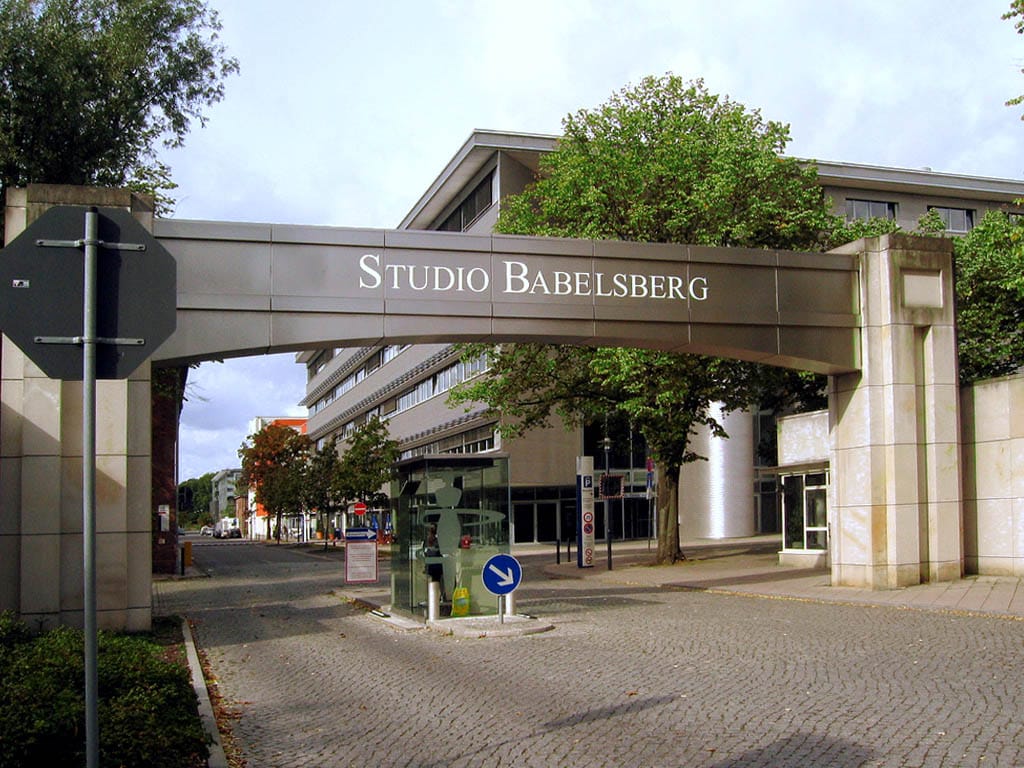
Southwest from Wannsee is Babelsburg, the famous film studios (above), and Potsdam, home to the palace of Frederick the Great, Sanssouci. A little to the north, on the main lake, Großer (Greater) Wannsee, is Wannsee House (below), where the Nazi regime conducted the Wannsee Conference in 1942 to discuss "the Jewish question" - it is now a Holocaust memorial.
